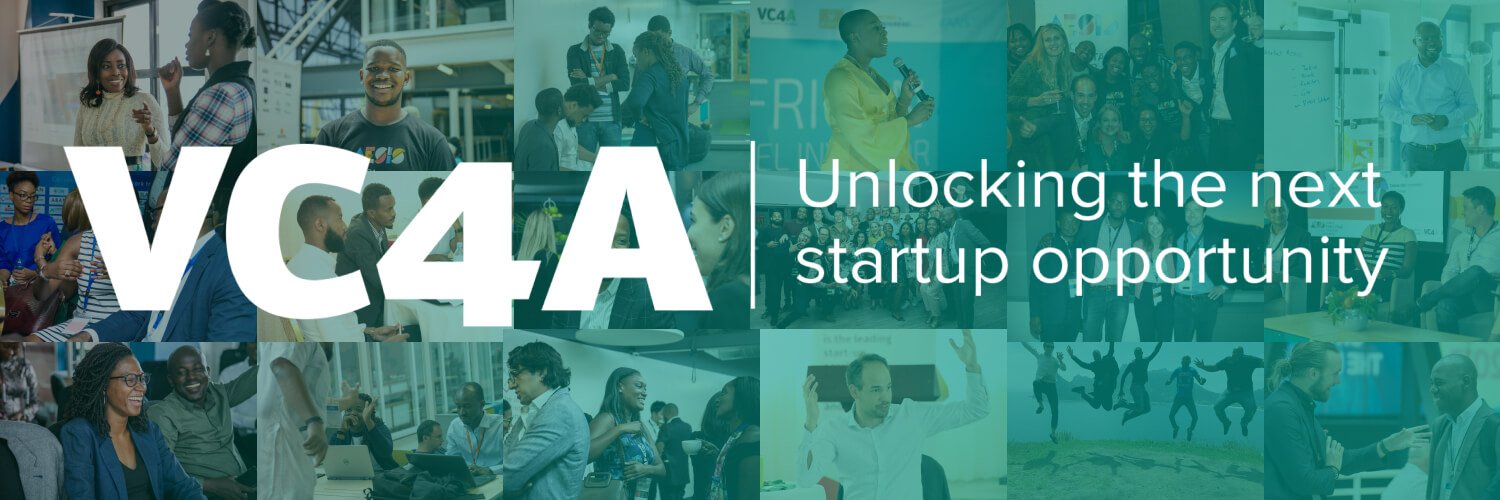The psychologist, Dr David Ludden, wrote in an article that we as humans have a natural desire for control and security.
This is why the current Covid-19 pandemic is so challenging since it is beyond our control and threatens our security. We feel extremely vulnerable in these trying times due to the loss of control.
It is, therefore, in the nature of the human being to have something concrete to fight the immediate threat.
According to Ludden, this is the reason why conspiracy theories are proliferating during a time of crisis and uncertainty. A good example of such a conspiracy theory widely circulated on social media is that 5G technology is the cause of the Covid-19 outbreak.
However, there is another and much better way to concretely fight the Corona virus pandemic and that is to use technology to its fullest capability, whether it is to support working from home, developing products to combat the virus, protecting health facilities from cyber attacks, or gathering and analysing data to predict the spread of the virus.
Carnegie Mellon University (CMU) in the US, in collaboration with Facebook and Google, collect and analyse data about Covid-19-related symptoms reported by Facebook and Google users. The real-time self-reported data of Covid-19 activity is correlated with data from medical claims and laboratory testing to ensure accurate estimates reflective of reality.
he correlated data is then used to model and predict the future behaviour of the Covid-19 virus from county to country level. Estimates of the virus behaviour several weeks into the future could have proven to be valuable to assist governments, hospitals and health officials in their planning.
The approach followed by Carnegie Mellon University (CMU) is the same that is used for forecasting influenza activity and entails two aspects: The first is “crowdcasting”, which is based on the wisdom and aggregate judgements of the public or crowd. Facebook each day invites some of its US users that opted-in, to voluntarily answer a symptom survey designed and run by CMU, while Google distributes daily one-question surveys on behalf of CMU.
The surveys mainly determine if people experience symptoms such as fevers, coughing, shortness of breath, or a loss of smell or taste, which are typically associated with the Covid-19 virus. Since these symptoms are often a precursor to becoming more seriously ill, the surveys are very useful in forecasting the spreading of the virus when the data is aggregated and correlated with other relevant health data.
The second method entails artificial intelligence and statistical machine learning that recognises patterns in health care data, such as Covid-19 searches on the Google search engine, anonymized inpatient and outpatient data, diagnostic test data from laboratories, and several other sources of health data.
The identified patterns become the basis for advanced modelling of the behaviour of the virus.
Facebook has gone even further and released disease prevention maps from their Data for Good Mobility program that provides aggregated data where people are travelling, as well as the interaction between regions. In the absence of a vaccine, countries all over the world are relying on social and physical distancing to slow the spread of the Covid-19 virus and reduce its impact on the health system.
The aggregated Facebook data, when combined with demographics, infrastructure and socioeconomic indicators, provides a very reliable picture of people’s adherence to isolation regulations, whether they are staying near their home or visiting many parts of town. The data can also be used to indicate where additional measures could be necessary to ensure adherence to government regulations. Co-location and social connectedness patterns are further identified to help modellers determine the speed of spreading.
In the fight against Covid-19 health data has become a valuable tool and currently informs decisions all over the world. For example, in Taiwan data analysts have been able to identify the cities with the highest chance of infection in advance and thus enabled health officials, the cities, and medical facilities to prepare properly. The data is also used to study the effectiveness of lockdown measures, to steer public health messaging, and with the help of artificial intelligence to predict the future need of scarce hospital resources such as ICU beds, protective clothing and ventilators.
As South Africa plans to lift the isolation restrictions in future, it is critical to have a very clear understanding of the behaviour of the virus and when infections will reach a peak. Accurate real-time data on a municipal level, and preferably on a suburb level, will help the South African government to determine where resources should be sent to, as well as when, where and at what pace the gradual lifting of the isolation should be implemented.
Social network companies can become invaluable partners in the provision of relevant anonymized data and the fight against Covid-19, especially when the data is analysed by using data mining and analysis tools, artificial intelligence and machine learning technology.
Perhaps some South African Universities could follow the example of CMU in the fight against Covid-19 since Facebook is already expanding their survey globally with the help of the University of Maryland in the US. CMU is also building an application programming interface (API) that will enable researchers all over the world to easily access the data.
Data is powerful and can increasingly become an effective tool in fighting Covid-19. The numerous apps and devices we are using are generating large amounts of aggregated data that create many possible opportunities to use it to the benefit of society, while protecting people’s privacy. If used responsibly data can help us to manage the current pandemic and get back on the road to economic recovery.
Professor Louis C H Fourie is a futurist and technology strategist.










